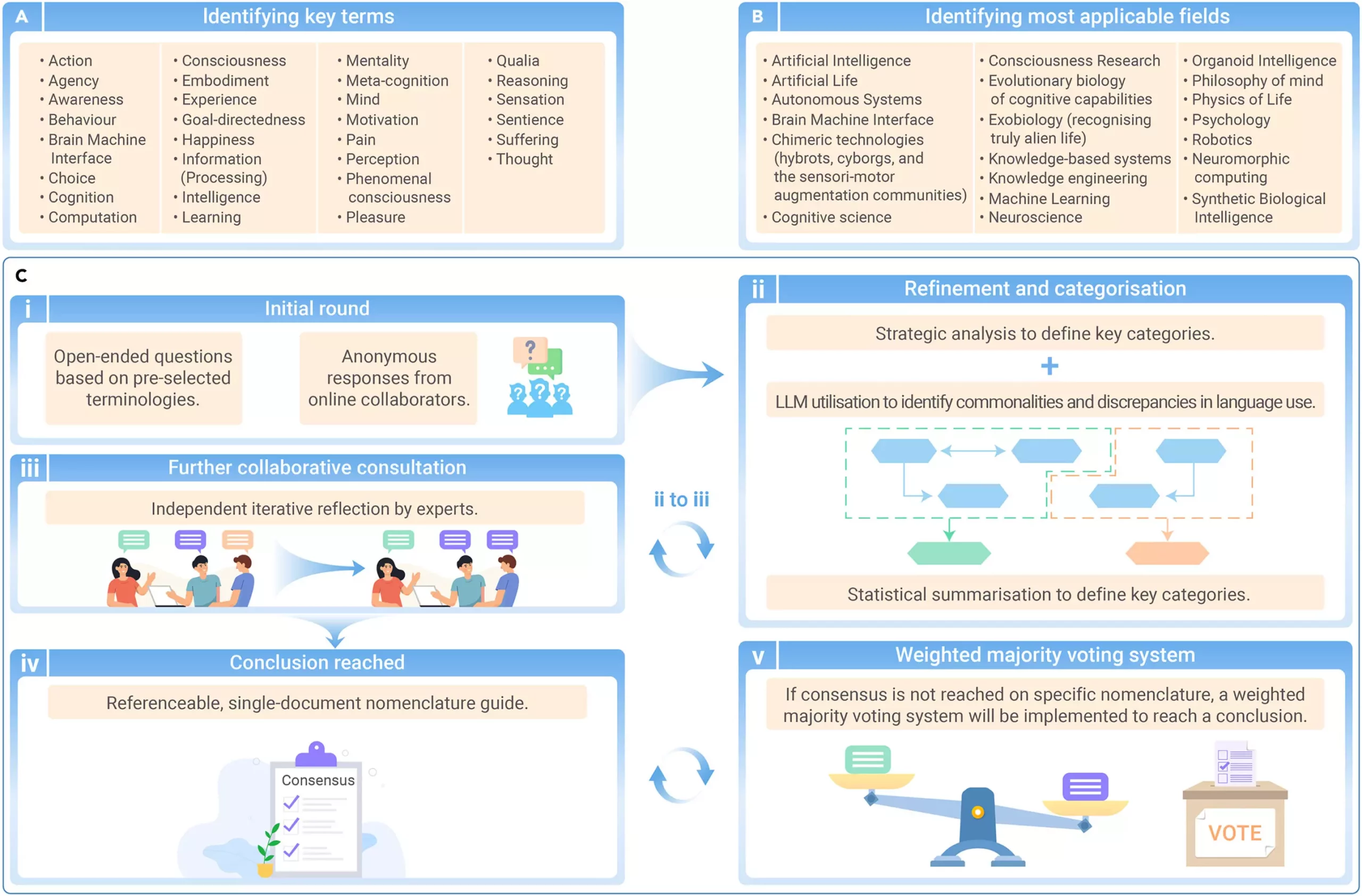In a groundbreaking initiative, Cortical Labs has spearheaded a call for collaboration to establish a unified language in the realm of artificial intelligence and beyond. This endeavor, focusing on ‘diverse intelligent systems’ encompassing AI, LLMs, and biological intelligences, brings together a global cohort of experts from various scientific disciplines. The collective goal is to bridge the gap in terminology and foster cohesion in this rapidly expanding and contentious domain.
As advancements in technology and science push the boundaries of what is possible, the language used to describe these innovations becomes increasingly complex. Disagreements and uncertainties surrounding the semantics of generally intelligent systems have hindered progress and led to a plethora of conflicting definitions. With the evolution of methodologies like large language models and the emergence of synthetic biology, a coherent and standardized nomenclature is essential for effective communication and collaboration.
The initiative led by Cortical Labs seeks to address the shortcomings of existing nomenclature guidelines by engaging a diverse group of researchers and scientists in the process. By adopting a community-based approach, the aim is to develop a comprehensive field guide that will serve as a reference point for practitioners across various disciplines. This inclusive model ensures that the proposed language framework reflects a broad consensus and is tailored to meet the evolving needs of the field.
In contrast to previous efforts that have been limited to a select group of experts, this collaboration invites stakeholders from different backgrounds to contribute to the refinement of key terms and concepts. By incorporating a mixed method approach with a modified Delphi method, the initiative ensures that all voices are heard, and consensus is reached through iterative consultation. In the absence of unanimity, a weighted majority voting system will be employed to finalize the nomenclature, emphasizing the democratic nature of the process.
The establishment of a standardized language for generally intelligent systems has far-reaching implications for a wide range of fields, including artificial intelligence, robotics, consciousness research, and machine learning. By promoting clarity and consistency in terminology, researchers can effectively communicate their ideas, fostering innovation and collaboration on a global scale. This initiative paves the way for a more cohesive and integrated approach to the development of intelligent systems, setting the stage for future breakthroughs in science and technology.
As the pace of technological advancement accelerates, the need for a shared language becomes increasingly urgent. By coming together to define the terms that shape the discourse around intelligent systems, researchers and scientists can lay the foundation for a more cohesive and inclusive future. The collaborative efforts initiated by Cortical Labs signal a new chapter in the evolution of intelligent systems, one that is characterized by cooperation, consensus, and collective progress.


Leave a Reply